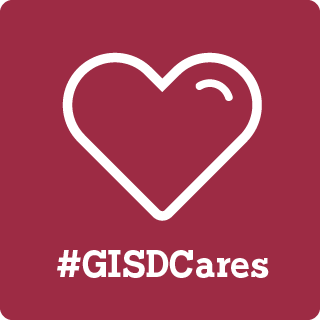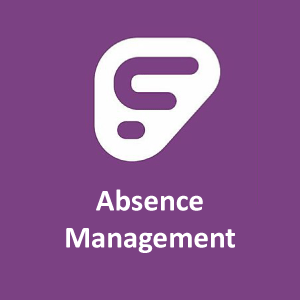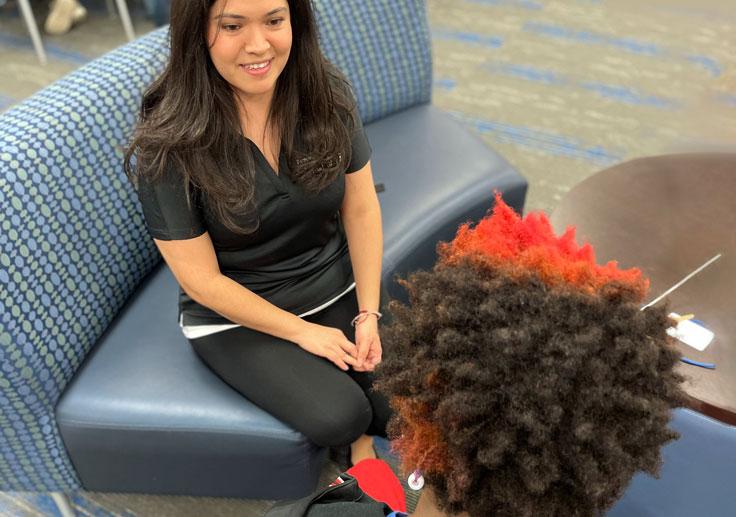


Responsive Services
Learn about the Responsive Services component of the Guidance and Counseling Department.
Responsive Services is a key component of the Guidance and Counseling Department that addresses the immediate personal, social, and academic concerns of students through prevention and intervention.
Counselors provide short-term support individually or in small groups, helping students navigate challenges that may impact their education, career, or personal growth. They collaborate closely with parents, teachers, staff, and the community to ensure students receive the resources and guidance they need to succeed from PreK through 12th grade.

What we do
Responsive Services counselors work specifically with students whose personal circumstances, mental health, or crises interfere with a healthy academic and personal/social development. Students may face family issues, loss, trauma, abuse, anxiety, substance abuse, self-harm, suicidal ideation, or a multitude of other issues and may benefit from counseling services.
Responsive Services counselors provide a range of services including individual counseling, small group counseling and referrals to outside agencies and support systems.
Additionally, counselors and social workers develop and implement programs, trainings and initiatives to educate and support the district and community and spread the message: #YouMatter.
Monthly training topics
| Month | Topic |
|---|---|
| August | Reporting Child Abuse |
| September | Suicide Awareness and Prevention |
| October | Drug/Alcohol Prevention |
| November | Grief Support |
| December | Anti-Bullying/Cyberbullying |
| January | Human Trafficking Awareness |
| February | Teen Dating Violence and Kindness |
| March | Adolescent Self Injury Awareness |
| April | Child Abuse Prevention |
| May | Summer is Hot; Counseling is Cool |
| June | Home Safety |
Garland ISD is a grief-sensitive district
We are committed to helping provide a supportive environment for students who are experiencing grief. All of our campuses have been certified as "Grief Sensitive Schools". Visit grievingstudents.org for resources and to learn more about handling grief.
Support during or after a crisis
In the event a child expresses suicidal thoughts, suicidal intent or makes a suicide attempt, counselors will confidentially execute the district's Suicide Intervention Protocol (SIP). Parents will be notified. See below for a presentation that outlines warning signs and our process. Copies of the district protocol and consent forms are also provided as a reference.
- Presentation: Suicide Prevention: Everyone Has a Role to Play
- 25-26 Suicide Intervention Protocol English
- 25-26 Suicide Intervention Protocol English Parent Pages
- Suicide Intervention Protocol Parent Pages - SPANISH
- Suicide Intervention Protocol Parent Pages -VIETNAMESE
Some GISD counselors are trained in the National Organization for Victim Assistance (NOVA) Crisis Response Model Crisis Response Model to support students and staff after a loss or traumatic event. With this training, they are prepared to provide grief support, lead recovery groups, and guide schools through the healing process with care and compassion.
For families interested in learning more, we’ve attached a copy of the Group Crisis Intervention Process scripts that counselors may use to help students and staff work through grief together.
- Group Crisis Intervention Process Script - School-Aged Youth
- Group Crisis Intervention Process Script
Child abuse
It is Texas law that anyone who suspects abuse is happening must report it to the DFPS. School staff and educators have a duty to be alert and willing to report suspicions of child abuse and neglect. Those who report are protected by the law, however, those who do not can be held liable.
We've collected information to help you in identifying and reporting child abuse:
- Tips on recognizing physical abuse (Texas DFPS website)
- Human trafficking and migrant smuggling
- Free training on abuse signs/prevention/reporting requirements
- Child abuse toolkit prevention and awareness toolkit
- Reporting abuse, neglect and exploitation flyer
- No, Go, Tell poster (English)
- No, Go, Tell poster (Spanish)

Report child abuse
If you suspect a child is being abused, report it to:
- 1-800-252-5400
- Texas Abuse Hotline (online, 24-hour availability)
- Human Trafficking:
- Human Trafficking Hotline (online)
- 1-888-373-7888 or text 233733

















